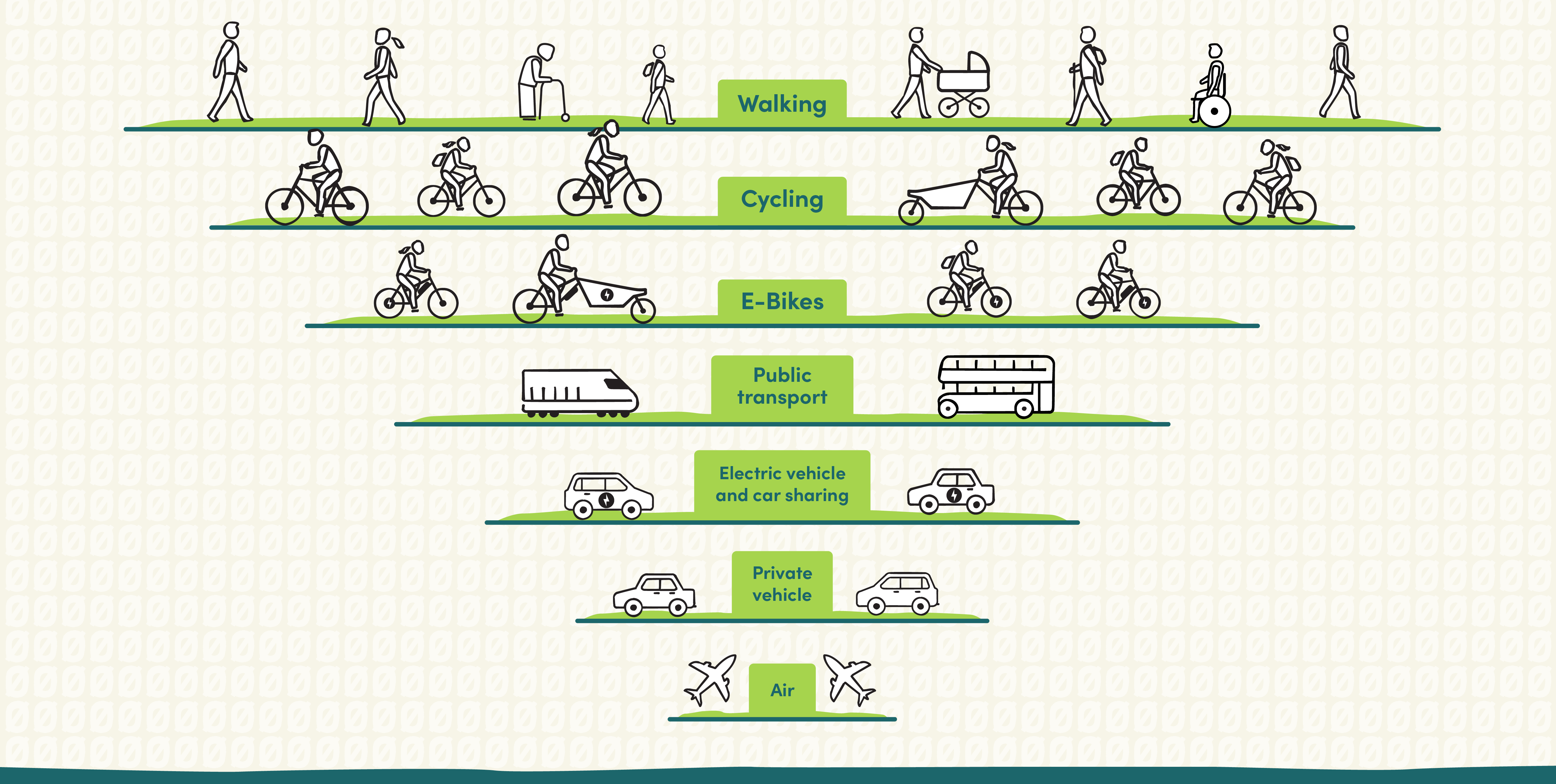On two wheels
'Micromobility' is the term to describe group of people sharing access to a fleet of low-speed vehicles - like bikes, e-bikes and scooters. You can mostly find micromobility options in more urban areas, where shared bikes and scooters can be used conveniently for short trips across towns and cities.
Micromobility serves as a happy medium for many commuters - it's usually a quicker option than walking or catching a bus, with lower costs and emissions than a taxi.
Shared bikes and electric scooters are being installed in more and more locations across the UK, with stations to 'dock' your bike at the start and end of a trip, and mobile apps making hire easy.
Micromobility is a flexible and cost effective way to get around urban areas - choosing to share vehicles rather than own one saves the cost and maintenance involved with ownership, as well as the need to park your bike or scooter somewhere secure at home. If often helps you to skip the traffic jams, too!


